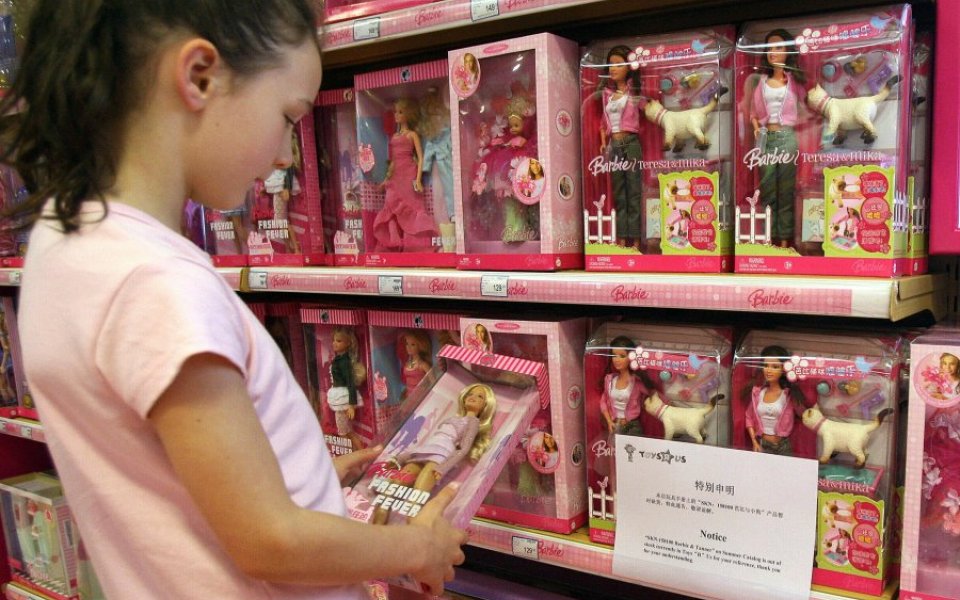Parliament to debate gender pricing and why there seems to be a premium on being female, as goods marketed towards women cost more

MPs are set to debate an apparent tax on colouring things pink this evening, after research unveiled that the price tag on items marketed towards the fairer sex is routinely hiked up.
The debate on gender pricing, which is set to take place in Westminster Hall at 4:30pm today, was raised by Paula Sherriff, the Labour MP for Dewsbury.
Sherriff has previously made a name for herself and her consumer rights views for speaking out in parliament against VAT on tampons.
Read more: A five point plan to bring diversity to the boardroom
The gender pricing issue came to the public's attention recently when research by The Times revealed that products aimed at women cost an average of 37 per cent more than their more masculine counterparts. Some items were found to be priced at double the cost, despite being essentially identical bar a splash of pink or a flowery motif.
The newspaper's analysis wasn't the first time this apparent premium on being a woman has been brought to light. Research released in 2012 by Development Economics and carried out on behalf of Aviva discovered that women pay an average of £200 more per year for consumer goods which are dolled up to be more feminine.
Read more: Women in STEM need to stand up and shout more
As with every debate, there are, of course, voices of dispute. Calling the sexism surcharge a "myth", Mark Littlewood, director general of the Institute of Economic Affairs, told City A.M.:
"Buying clothes, razors or shampoos are voluntary transactions – we pay what we are willing to pay for a certain product, and the products are then priced to reflect this. All of which suggests that women are not being discriminated against, but are just less responsive to changes in prices – a fact that is reflected in the market itself."
As well as a debate in parliament this afternoon, there is also currently a petition running on change.org urging high street pharmacist Boots to "review the sexist pricing of everyday products", which currently has over 40,000 signatures.
However, unlike petitions hosted on petition.parliament.uk, there is no requirement for government to issue a response once the motion receives more than 10,000 signatures and the motion also does not have to be put before parliament's petition committee for potential debate if it hits 100,000 signatures.